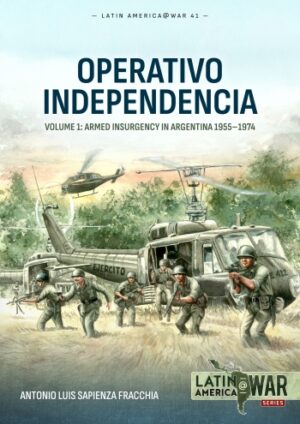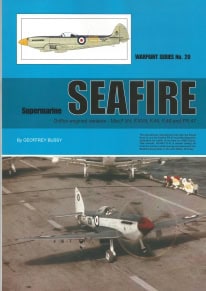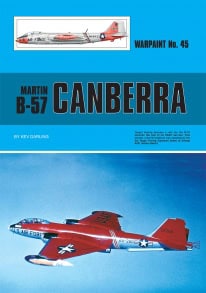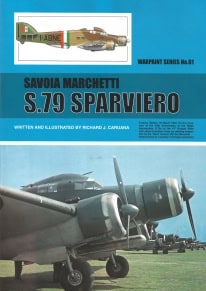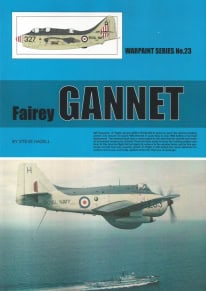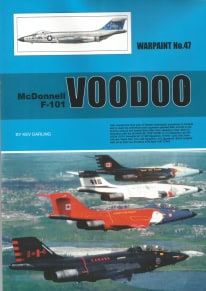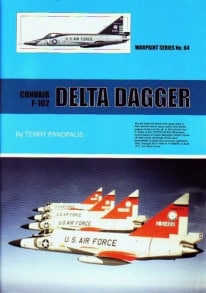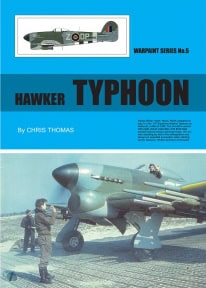Description
Volume 1 of Operativo Independencia examines the background and origins of anti-government armed insurrection in Argentina from the 1950s into the mid- 1970s in the precursor to what would become the ‘Dirty War’. This volume details the subversive guerrilla groups, their actions and organisation, and the Argentine Security Forces that responded to them up until Perón’s return to Argentina in 1974. Although the first armed opposition groups began to appear after the overthrow of General Juan Domingo Perón in 1955, the main guerrilla groups would only appear towards the end of the 1960s. Inspired by the successful Cuban revolution led by Fidel Castro in 1959 with Argentine, Ernesto ‘Che’ Guevara at his side, international Marxist terrorism won the sympathy of many students and intellectuals in Argentina. Many of these young people had been catechists linked to Catholic priests, but instead of taking the peaceful path of Christian preaching, they chose the bloody path of arms. Marxism-Leninism managed to penetrate the minds of socially well-off young people, convincing them that armed struggle was the only valid alternative against military dictatorships and imperialism.
To achieve their objectives, the guerrilla groups resorted to kidnapping politicians, police and military officers, diplomats and businessmen, holding them for ransom or executing them in ‘people’s prisons’. Hijackings, attacks upon prisons to free their fellow terrorists, bombing politicians’ or military officers’ houses, foreign factories, police stations and military bases occurred alongside the assassination of prominent figures of authority, including even a former president, General Aramburu. But Argentina was not Cuba and the result was a useless fight against a well-armed and highly professional Army.
Operativo Independencia Volume 1 covers the long period that began after the overthrow of the government of Perón in 1955 until his return in 1974 and examines in detail the subversive groups that appeared in that time, their activities and their leaders, including the People’s Revolutionary Army (Ejército Revolucionario del Pueblo/ERP), the Montoneros and the right-wing Triple A (Argentine Anti-Communist Alliance), alongside the government response and the security forces employed. This volume makes extensive use of original photographs from the period and includes the @War series’ specially commissioned colour artworks.

